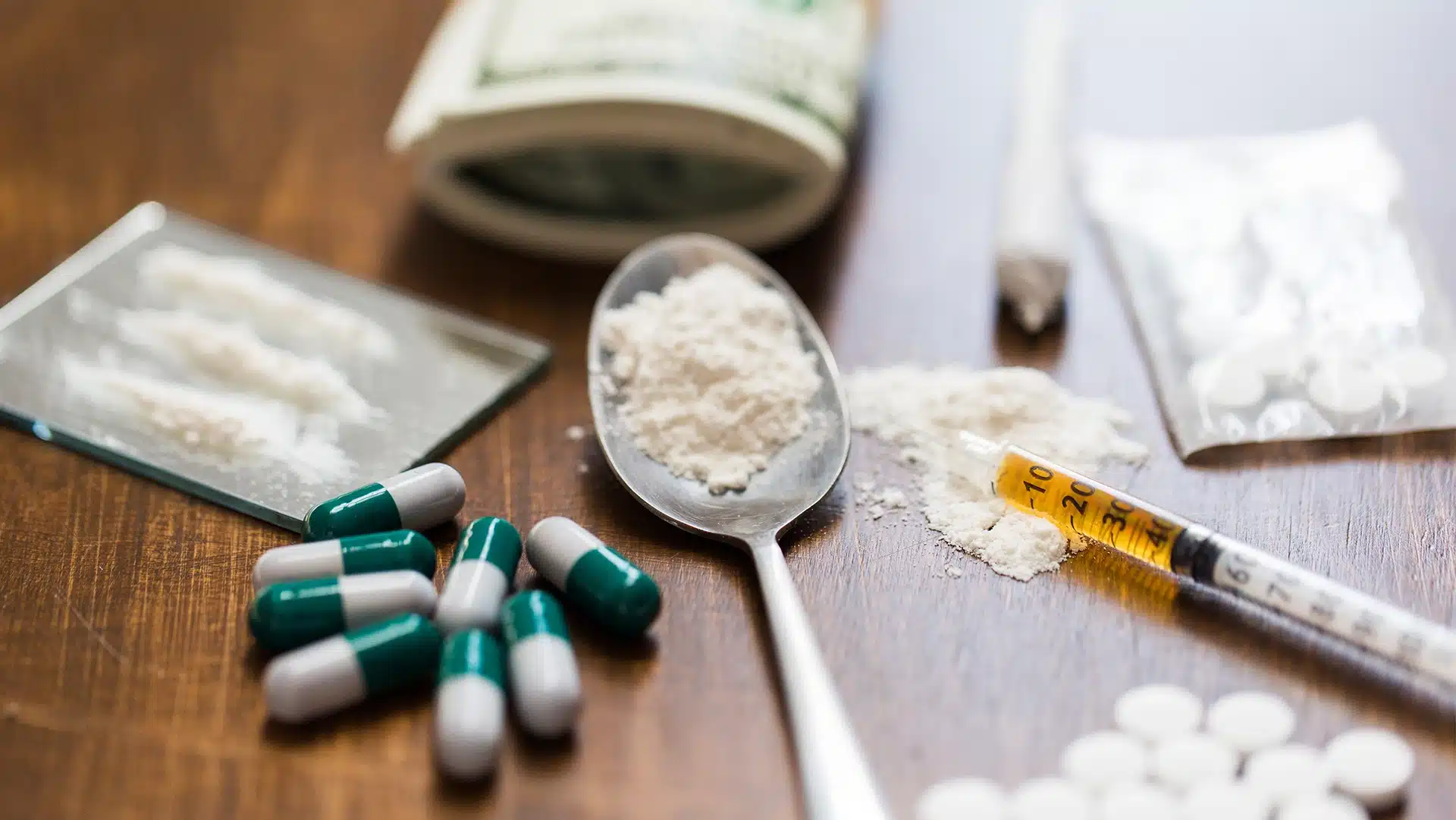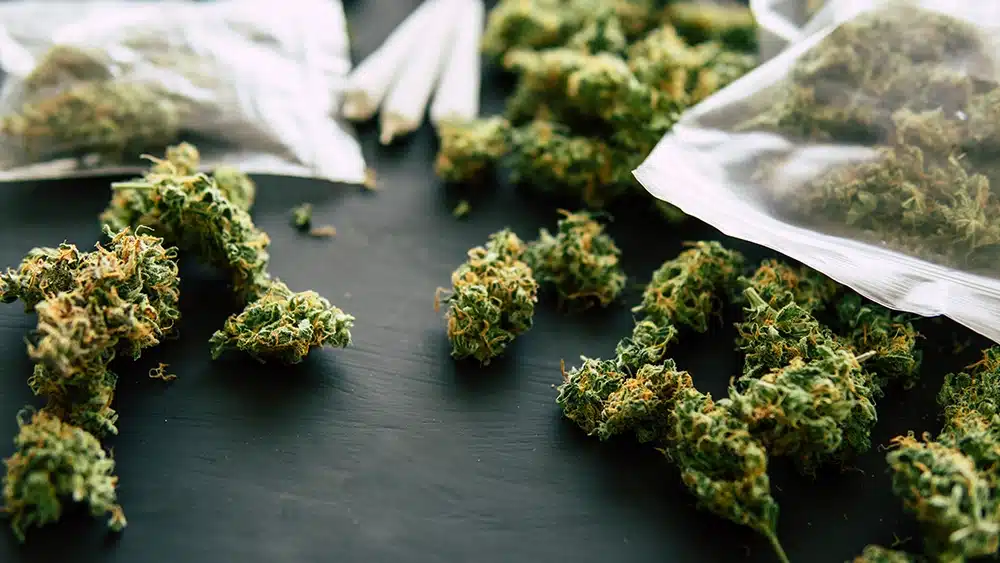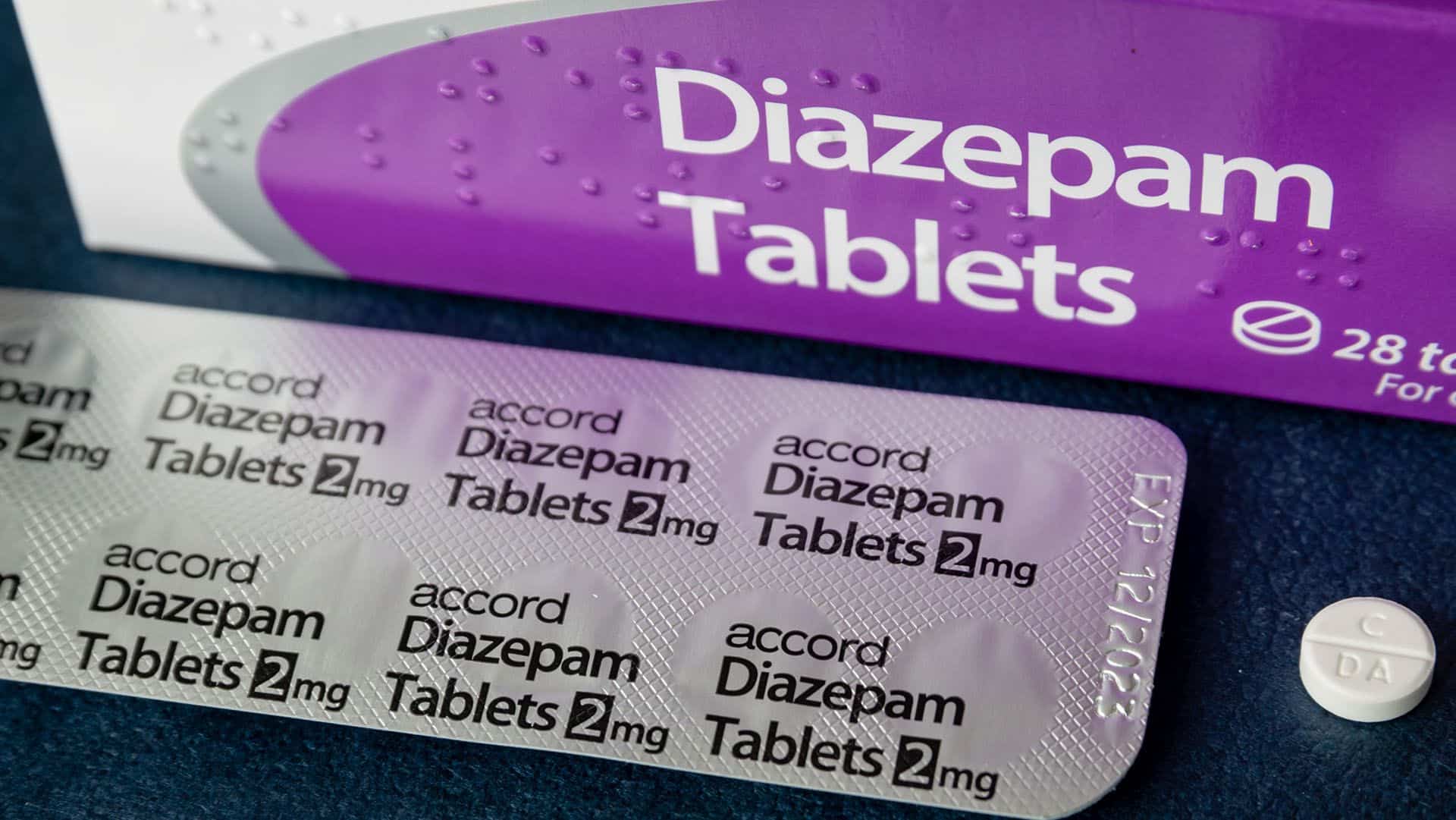How Substance Abuse Affects Family and Friends of People Struggling with Addiction
Although addiction may feel extremely lonely, you’re not the only one battling through the storm. When a person with a substance abuse problem uses drugs or alcohol, their behaviours can affect every single person in their circle who cares about them.
Because of this, addiction not only takes a toll on the addict but on the friends and family of that person – oftentimes causing chaos, exhaustion, and grief as well as feelings of hopelessness and sadness.
The negative effects of drug and/or alcohol addiction can feel catastrophic – causing rifts in relationships, dividing families and ruining friendships. Conflict becomes a new norm as family members argue about treatment options for the person they love. Tensions become high if the addict isn’t yet ready to enter a treatment program.
The negative behaviour the addiction is causing starts to slowly erode whatever trust was built within the circle of family and friends until judgment starts to come easier than understanding and leniency.
It can be extremely difficult to watch someone you love turn into someone else through their addiction. The person you know is disappearing before your eyes, fading into this shadow of themselves – it can be heartbreaking.
And being the person who is addicted, not being capable of stopping the very behaviour that seems to be crippling every relationship you have…that can feel like an isolating and depressing weight that seems like it will never go away.
How Addiction Affects Family Members
In almost every family unit, people play certain “roles” that serve to help the family function at its best. These roles may look a little different from family to family, but typically there are people in the family unit who fit into one or more of these roles.
The effects of drug addiction on that family dynamic often look different in each home, but when a problem is thrown into the mix, each family role naturally shifts a bit to adjust.
- The Enabler/Caregiver is often the spouse, parent or older sibling of an addict. They take care of things that are left undone by the person struggling with addiction. This person can often be in denial about their loved one having a problem or in denial about how bad that problem is.
- The Hero is often an older child in the family who tends to be an overachiever, taking on responsibilities in the home that are above what they are expected to do. This person would sometimes even take on the parental role if the person in the family with the addiction is a frequently absent parent.
- The Scapegoat is someone who typically misbehaves or is defiant by nature. They can be kids who get in trouble frequently at school or siblings who are simply never around when you need them. Their behaviours are considered reflective of the chaotic and toxic atmosphere in their homes due to the internal struggles the family is facing.
- The Mascot is a joker of sorts, someone who wants nothing more than to provide a little comic relief from the tension in the house. They are mostly aware that their comedy can’t “fix” the situation, but they maintain this role anyways to try to achieve some sense of balance in the house.
- The Lost One(s) are typically quite isolated from the other members of the family, removing themselves from drama. They have a hard time developing relationships as a result of continuously keeping themselves at a distance from their family.
- And finally, the Addict. The addict often feels great shame and guilt over the pain they have caused their families. Even so, they continue with their addiction either because they are not ready to accept help or simply don’t want to end their substance abuse.
As the chaos continues, the relationships between family members can become strained through arguments about the addiction, ways to help, and enabling or intervening. Addiction can cause high emotions which can lead to very strong opinions, and when the addict is someone you love, some people try to cope with this in ways that can even further harm the family unit. Not only that, but each individual member of that family unit may begin to feel the negative impacts firsthand.
The enabler, for example, might be in some form of denial that there even is a problem to be addressed. It’s this kind of facade that slowly drains their emotional well-being until they crack.
The lost one(s) often put great distance between themselves and their families, which can cause a lot of problems for their future relationships. People in this role often feel isolated, alone and can even be prone to suffering from depression.
The hero works overtime to make sure the house runs smoothly, often burning themselves out in the process.
As you can tell, each of these roles, when pushed to their absolute limit, can have a negative impact on each member of the family who took on that role. Because of this, family members who have addiction in their family are often advised to seek therapy themselves, to address the emotional trauma and pain that comes from the family dynamic that is created when there is an addict in the family.
How Addiction Affects Friends
Watching a close friend go through addiction can be extremely difficult and put immense pressure and strain on the friendship.
People who are in the throes of addiction will always put that addiction first. Addiction is a selfish disease. Slowly, an addict will start to show less concern for their friends and family, because the most important thing to them is carrying on in their addiction – even if this means letting family and friends down from time to time.
Good friends are often a bit of a moral compass or mirror of each other. No two people have the exact same moral guide, but we’re often drawn to people who have similar virtues as we do.
When the addict in your life begins to make choices you don’t approve of and conducts themselves in a way that is foreign to the person you know them to be – tension is created. You hold your friends to a higher standard because you know what kind of person they were before they became addicted.
It’s this exact higher standard that causes addicts to often cut ties with their non-addictive friends. When someone you trust raises flags about your behaviour and urges you to stop when you don’t want to – you put walls and barriers between you and that person, even if you know they are right.
You might notice that one of the 12 steps in recovery programs is to make amends. It’s this step that often encourages people to seek out friends that they have burned. Making amends often leads people to ask for forgiveness and try to rebuild the friendships they have destroyed because of their addiction.
How Addiction Affects Young Children
The negative effects of addiction can be amplified tenfold if there is a child who is watching their parents struggle through addiction.
Some of the common problems in homes where one or both parents are struggling with a substance abuse problem can be:
- Domestic abuse or child abuse
- Neglect
- Emotional trauma
- Malnourishment (often from the parents not prioritizing their children over their addiction)
- Those children going on to struggle with alcohol or drug addictions themselves
- Runaway children or teens (trying to escape emotional pain or trauma)
- Children or teens who run into trouble with the law due to an unstable living environment or unresolved resentment toward their parents
This kind of early exposure to substance abuse can have detrimental effects on children’s lives as they grow into older adults. In fact, 1 in 5 adult Americans have lived with an alcoholic family member at some point in their lives, and because of this, they are at greater risk for behavioural and emotional problems compared to children of non-alcoholics.
Children who have alcoholic family members are 4 times more likely to develop an alcohol addiction than people who were not raised by alcoholics.
The negative effects on children caused by alcoholism in the family are vast. The effects are not only emotional but can be physical as well. The financial damage caused to the family unit when a parent struggles with an addiction can have massive consequences.
Due to job loss or the time that is taken off work by the addict, children of substance abusers are very likely to grow up in an unstable home and may suffer through periods of under-education from missing days of school or malnourishment from not having proper, stable meals at home.
If the addiction in the family involves the consumption of illegal substances, the children in the home are also more likely to be exposed to illegal activities. In some cases, these children grow up to have very little respect for the law due to the frequent illegal activity in the home from an early age.
Having An Addicted Spouse or Partner
Being married to or sharing a life with someone who is struggling with an addiction can be extremely difficult. If you entered into the relationship during a time when they were already abusing a substance, this may just seem like a new norm for you. You may assume that this is what your life with them needs to look like if you want to stay together.
And if your partner has entered into addiction after you’ve already started a life together, it can be extremely difficult to watch the person you fell in love with turn into someone you hardly know anymore. You pine for what your life used to be like together and can never really seem to let go of the vision you had when they weren’t using.
When both spouses are addicts (or recovering addicts who enable each other to relapse), the atmosphere in the relationship can be incredibly toxic and can lead to codependency. Each partner feeds off the other, enabling the worst in each other. There is a slow deterioration of the relationship you had, and soon the thing you have most in common with each other is your love of getting high.
The term “codependency” is often used when someone who has an established relationship with the addict can become an enabler who is just as dependent on the addicted lifestyle as the person struggling with the addiction themselves. These kinds of codependent relationships often refer to spouses who are struggling with addiction, but it can really be any kind of relationship.
Other Ways Addiction Can Change Your Life
There are so many ways the damage caused to these relationships can affect other areas of your life. Cutting ties with family members or life-long friends can be incredibly painful. For the addict themselves, they can feel helpless, lost, lonely and abandoned. They can often feel misunderstood.
For the people who have cut ties with the addict in their lives for their mental health, there can be an incredible amount of guilt and pressure to step up and be the saviour in their lives just one more time.
Damage to these relationships because of addiction can lead to job loss, divorce and separation from your children. All of that, in turn, can have a very nasty effect on your mental health.
Addiction Recovery Treatment Plans that Include Family and Friends
There are many addiction treatment options that strive to repair broken relationships between family and friends of those who struggle with addiction.
Some of the effective ways treatment centers incorporate those family and friends into the recovery process can be by:
- Family/friend visiting days
- Family counselling
- Group therapies
- Aftercare programs that allow family or friends to attend with the addict
- 12-step programs that encourage addicts to make amends with those they have hurt
These types of programs that focus on rebuilding and mending broken relationships are essential for those who are struggling with addiction for two main reasons.
- As an addict, it can be incredibly hard to see outside of your addiction the chaos and pain you’ve caused in the lives of the people who care about you. Having family and/or friends work through your recovery alongside the addict helps with a sense of accountability and a real-ness to just how harmful their addiction can be.
- Slowly these relationships can be mended, trust can be rebuilt and a support system can form around the addict to help ensure they have a sober, healthy lifestyle that promotes community instead of isolation.









